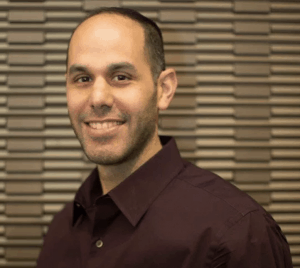What is a Pulpotomy? Pained children are the worst for a parent. Helpless and unsure how to go about helping the youngling in their time of need. When it comes to tooth pain, our memories of our own pains rekindle. We rush to the dentist and hope the expert can remedy it. There are many oral issues to deal with and a good dentist will spot the issue right away. If your dentist has advised your child needs a pulpotomy, you will have questions for sure. In this post, we’ll give you a rundown on what is a pulpotomy and how to go about it.
What is a Pulpotomy?
What is a Pulpotomy Procedure?
Numbing occurs and the tooth is then isolated. The infected pulp is then removed after which the tooth nerve needs protection. It is then dressed. This stops the nerve from dying. Putty is then applied and to finish a crown is then bonded on the tooth. It is this crown that protects the tooth from future infections and issues.
Is a Pulpotomy Necessary?
Treating teeth that are going to fall out anyway may seem pointless. Consider, the baby teeth are the teeth that set the structure of the jaw. And then allow for the adult teeth or permanent teeth to grow in the correct place. A pulpotomy also guarantees infection does not spread to other teeth and the gums.
A pulpotomy also guarantees infection does not spread to other teeth and the gums.
What Pain Management is There?
To manage the pain of such treatments you’ll find different types in action. Your dentist will use the one most appropriate to the situation. An application such as a wand, laughing gas, or IV sedation. A wand is a new device, some dentists may not use them. It resembles a pen and works to inject the area. Children may not see it as a needle, so it is great to treat them with it as it won’t scare them. Laughing gas or inhalation sedation is a well-used form of sedation and non-invasive. IV sedation combines anesthetic, analgesic, and sedative. It will make the child seem like they are sleeping, allowing easy treatment.
Conclusion
Oral health is key to a healthy mouth in all children. Any issues such as infections must be dealt with in a quick fashion and only by an expert. Maintaining oral hygiene along with regular check-ups by a dentist reduces harm.
Along with proper care and professional intervention, forming an automatic habit response can make it easier for the parents to oversee oral health in their children. As well as the children forming a lifelong habit. Finally, for more information, contact Dr. Engel for more advice. Schedule your consultation with Dr. Engel and see why we do what we do.
- Which tip will you try first???
- Either way, let us know by leaving a comment below right now and continue the conversation.
400 Kinderkamack Rd.
Oradell, NJ 07649
Phone: 551-210-4012





